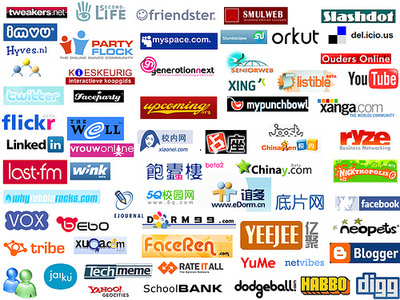The trend involving teenagers and Facebook seems to be changing. Teens are becoming bored with Facebook, and Facebook users are getting older.
Research and publish the best content.
Get Started for FREE
Sign up with Facebook Sign up with X
I don't have a Facebook or a X account
Already have an account: Login

 Your new post is loading... Your new post is loading...
 Your new post is loading... Your new post is loading...

Ken Morrison's comment,
May 13, 2012 9:43 PM
You have a great Scoop.it site here. Thanks for your sharing.
|
|



![Teenagers And Facebook: The Appeal Is Wearing Off [Infographic] | Science News | Scoop.it](https://img.scoop.it/3nJobeZRd_Ni8BWWJxlH-jl72eJkfbmt4t8yenImKBVvK0kTmF0xjctABnaLJIm9)

![[VIDEO] Creativity in the Cloud: From the Big Bang to Twitter | Science News | Scoop.it](https://img.scoop.it/yHy4PkBf-CN026Ddizdxpzl72eJkfbmt4t8yenImKBVvK0kTmF0xjctABnaLJIm9)



![This is your brain on Twitter [VIDEO] | Science News | Scoop.it](https://img.scoop.it/2xUD2GD3cSbeaZ-MlYDLvzl72eJkfbmt4t8yenImKBVvK0kTmF0xjctABnaLJIm9)















